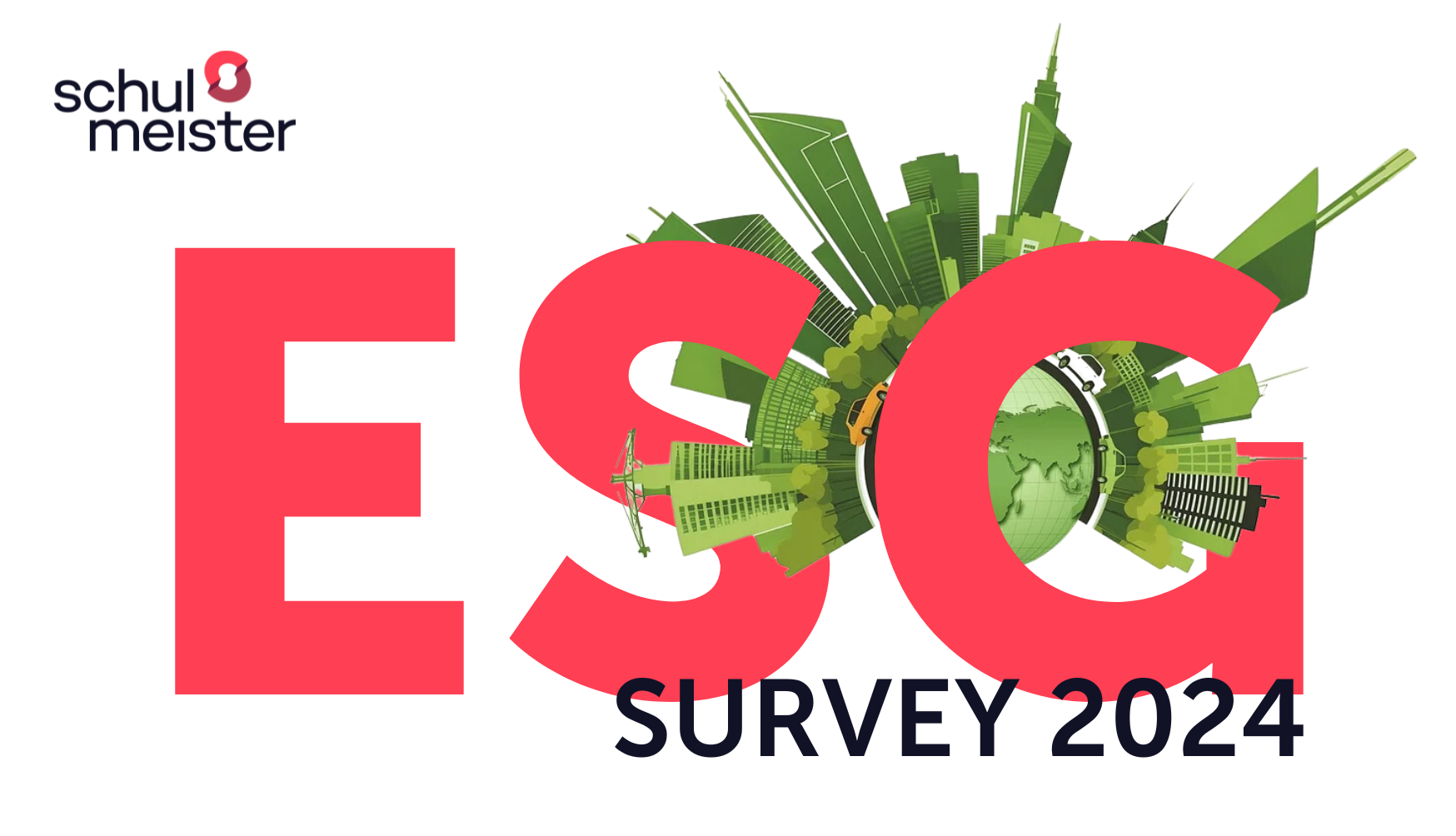What is the Omnibus package?
The omnibus package is part of a broader strategy by the EU Commission to relieve small and medium-sized enterprises (SMEs) of bureaucratic hurdles and was presented in February 2025. It aims to make European companies more competitive. A central element of this is the postponement of CSRD requirements for certain groups of companies and the start of application of the EU Corporate Sustainability Due Diligence Directive (CSDDD).
The official communication from the EU Commission emphasises that this is a pragmatic step to give companies more time to prepare - not a departure from the EU's sustainability goals (source: European Commission).
What exactly was decided?
The EU Parliament's decision postpones the application of the CSRD for certain companies:
- Large companies that are not listed on the capital market (with more than 250 employees or more than €40 million in turnover) will receive a deferral until 2027, with their first sustainability reports due in 2028.
- Capital market-oriented SMEs will also be given more time and can waive their reporting obligation until 2028.
- The EU supply chain law (CSDDD) is postponed by one year to 2028.
Although these regulations still have to be formally confirmed by the EU Council, they are largely considered to have been approved (source: ESGnews).
Which companies in Austria are affected?
Around 80% of the companies originally affected are temporarily no longer subject to the CSRD. In Austria, large unlisted companies and capital market-oriented SMEs in particular will benefit from the postponement. For them, the decision means more time to establish internal structures, processes and competences for a structured sustainability reporting.
Not affected, however are:
- Companies that are already subject to the EU taxonomy or the NFRD (Non-Financial Reporting Directive)
- Groups with more than 500 employees and capital market orientation
However, many smaller companies that are part of the supply chains of larger corporations are also indirectly affected. These companies are increasingly being asked by their customers to disclose ESG data, even if they are not (yet) formally required to report.
What does the postponement mean for HR strategies and ESG competence building?
The postponement gives companies time to work out their ESG and sustainability strategies in concrete terms, clarify internal responsibilities and anchor them permanently in the organisation. However, ESG issues are by no means disappearing from the spotlight - on the contrary: the expectations of the market, investors and, above all, employees continue to rise. Companies are well advised to use this time not as a break, but as a strategic preparation phase.
HR departments play a key role here. After all, sustainability does not begin with reporting, but with the corporate culture - which is significantly characterised by HR strategies. ESG should not be viewed as a purely regulatory issue, but as a strategic lever in recruiting, employee retention, positioning and corporate management.
- Talents and applicants are increasingly focussing on sustainability and corporate values: Talented people today - especially from Generation Z and the millennials - expect more than attractive salaries and flexible working hours. They want to know what a company stands for. Authentic communication on sustainability, social standards and ethical behaviour is increasingly becoming a differentiating factor in the competition for qualified specialists. Companies that communicate credibly in this area not only win over applicants, but also gain loyalty within the existing team.
- ESG expertise must be developed in a targeted manner: The postponement shifts the regulatory pressure - but not the need to build up expertise. Companies should now create targeted training and development concepts for ESG-relevant competences in management, HR and specialist departments. This applies to topics such as sustainable procurement, diversity & inclusion, energy efficiency and supply chain responsibility. Many organisations have so far lacked a clear allocation of roles - who is responsible, who decides, who reports? These structures should now be defined and strengthened in terms of personnel.
- A value-orientated management culture and incentive systems: In order for ESG goals to be implemented effectively, leadership is needed that exemplifies sustainability and appropriate incentive systems that steer behaviour in a targeted manner. ESG criteria should be integrated into target agreements and bonuses in order to make sustainability measurable and anchor it as an integral part of the corporate culture.
Our own ESG survey among Austrian companies also shows that many companies already see sustainability as a key success factor - but there is often a lack of clear responsibilities and concrete implementation structures.
👉 See summary of the survey results
Risks and criticism of postponement
Numerous organisations from civil society and investor circles have criticised the postponement. They see it as a signal of uncertainty and describe the postponement as backward-looking. The concern: companies could put ESG initiatives on hold or consider them optional - with long-term negative effects on credibility, market position and financing conditions.
The postponement also means less availability of standardised ESG data for financial players - which makes it more difficult to integrate sustainability into investment decisions.
Recommendations for companies
Companies that are not yet required to report should use the deferral as a strategic lead time. Our recommendations:
- Building ESG competences in HR and leadership
- Integrating sustainability goals into corporate and HR strategy
- Prepare processes for CSRD-compliant reporting (e.g. double materiality, data availability, stakeholder involvement)
- Actively utilise ESG as a differentiating feature in recruiting and customer contact
Conclusion: those who invest today will profit tomorrow
The postponement is not an ESG time-out, but a planning window. Companies in Austria should not see the next two years as a break, but as a strategic ESG development programme. Because while the legal pressure is temporarily easing, the expectations of talent, customers, investors and the public are rising at the same time.



![[Translate to English:] Hochhaus Grün EU Omnibuspaket](/fileadmin/user_upload/02_blog___news/Titelbild-EU-Omnibus-paket-aufschub-nachhaltigkeitsgesetz.png)



